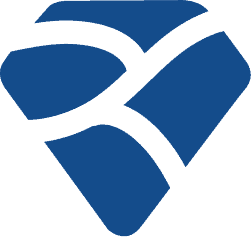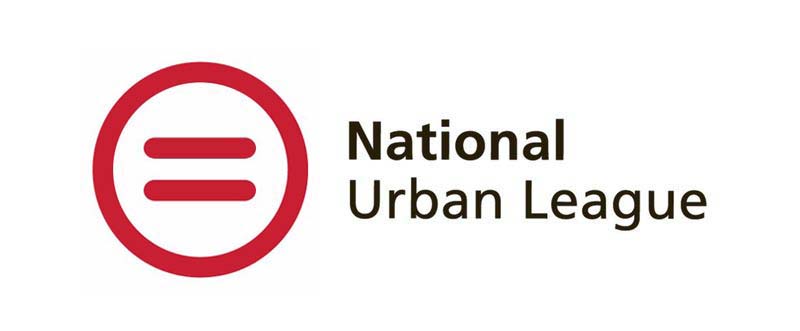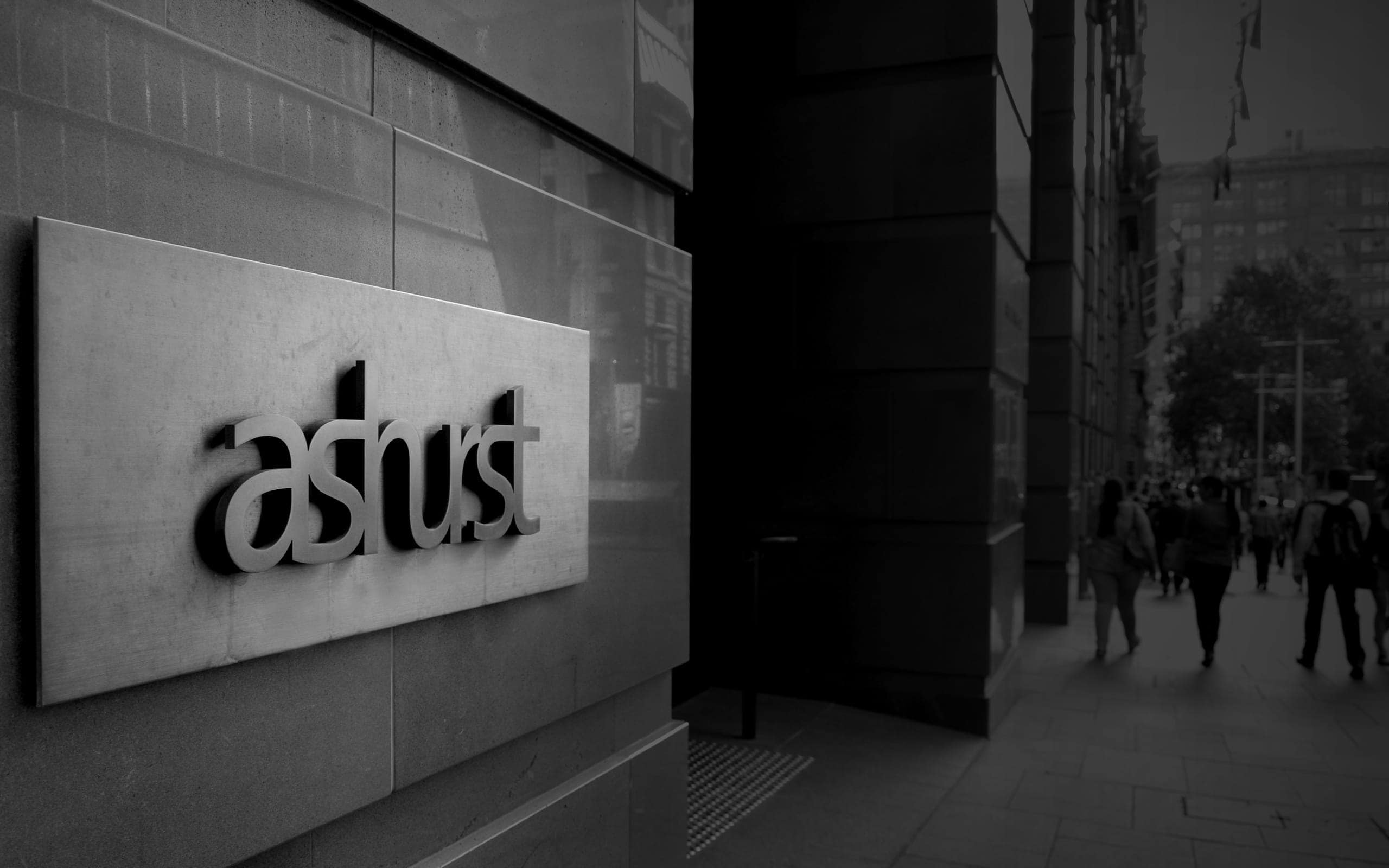After perfecting your cover letter and resume, then acing the interview, you’re waiting to hear back from the company about the next steps. And whether it’s been a day or a week, you’re wondering how to follow up on a job interview without ruining your chances of landing a job.
The trick is to strike a balance between professional and eager without crossing the line into over-eager and possibly needy. Here’s everything you need to know about following up on a job interview.
Applying to entry-level roles?
Figure out what entry-level roles are right for you at Red Bull with their Role Match Quiz.
Why You Should Follow Up on a Job Interview
Following up after a job interview helps convey your interest in and excitement about the job. It also demonstrates to the employer that you possess certain soft skills. The email you send or voicemail you leave are excellent, real-world examples of your written and verbal communication skills.

Interview Preparation: Own Your Story
Get interview ready in this free class from BCLP. You'll learn how to create and share a professional story that explains why you're the right person for the role.
Avg. Time: 3-4 Hours
Skills you’ll build: Interview preparation, self-reflection, career management, career and self-development
How to Follow Up on a Job Interview
Not hearing back about your job interview doesn’t mean you didn’t get the job or the employer is ghosting you. Career coach Denise Ingledue-Lopez, MA, PRC, points out that you’re likely only one of many candidates who interviewed for the role, which complicates things for the hiring manager.
“Consider that for one position, they may have had hundreds of applicants, then conducted between five and 10 interviews for that role.” So, while there’s only one you following up, each interviewer may have as many as 10 people to follow up with.
What does this mean for you? As Ingledue-Lopez says, “You don’t want to annoy the interviewer by contacting them too soon or too many times.” So, here’s how to follow up on a job interview the right way.
Check Your Notes
Throughout the interview, you’ve (hopefully) been taking notes. And at the end of the interview, there’s usually time for you to ask questions. If the hiring manager hasn’t volunteered the information, ask when you can expect to hear about what comes next. Will they email you or maybe call? Do they specifically not want you to contact them?
>>MORE: What to Bring to a Job Interview in 2023
Then, before you follow up, check your notes. If they said it would be a week, wait until a week has passed before reaching out. And while it’s tempting, try not to follow up exactly one week from your interview. Consider giving them a few more days or even an additional week before reaching out, just in case they’ve fallen behind.
You may think reaching out before the deadline shows how interested you are in the position. However, it can also demonstrate a lack of soft skills, like being an active listener, paying attention to details, and following instructions. So, as hard as it might be, resist the urge to reach out too soon.
If, for some reason, you don’t have any notes about how to follow up, check the job posting. Sometimes the information is in there. But if it’s not in the job posting and you didn’t get the information from the interviewer, you can follow up one to two weeks after your interview.In some cases, it might also be helpful to follow up by reaching out to other contacts within the organization, such as the recruiter or other employees you connected with during the interview process. This networking can be a valuable way to express continued interest and gather updates on the hiring decision.

Expert Tip
If you have any connections within the company or industry, reach out to them for advice or insights. Mentioning your mutual connection in your follow-up communication can help establish a personal connection and potentially give you an edge.
Example Follow-Up Script
When it’s time to follow up, you’ll likely reach out via email, though you can leave a voicemail if you want — or even send a note by postal mail if you think that’s preferable for the role and company.
No matter your preferred contact method, Ingledue-Lopez says that your follow-up should include these seven elements:
-
- The interviewer’s first name
- An explanation that you’re following up on the status of your candidacy
- A specific mention about the job title you applied for and the date you interviewed
- Restate your interest in the role
- Directly ask about the status and that you look forward to hearing from them
- A thank you
- A positive tone
Here’s how a follow-up email could look:
You can also use this email to elaborate on anything brought up in the interview (like the company’s strategic goals for the next two quarters) or even to mention something you forgot to say. Bringing up specific details or topics discussed during the interview can help demonstrate genuine interest and engagement.
Let It Go Unless…
Once you hit send, there’s not much else you can do but wait. If another one to two weeks passes, you can follow up again with a similar (but not the same) email or phone call. But the maximum is two follow-up attempts. If you don’t hear anything after your second email or phone call, it’s time to move on from this job.
The one exception to this advice is if you get a job offer from a different company. If you’re waiting to hear back from Company A, but Company B makes an offer, you should contact Company A to let them know. While there’s no guarantee, the fact that you have an offer could be enough of a nudge for the hiring manager to follow up with you.
How Not to Follow Up on a Job Interview
The right ways to follow up on a job interview will help paint you in a positive and professional light. But there are also wrong ways to follow up that could cost you the job. So, here’s how not to follow up on a job interview.
Follow Up Too Much
While there are multiple methods to get in touch with people, you don’t want to overdo it when following up on a job interview. For example, if you send an email, you shouldn’t also leave a voicemail (to let them know you sent an email), then contact them on LinkedIn, then tweet at them.
When you send multiple messages, your interest and enthusiasm can read as desperation, and generally, companies don’t hire desperate candidates.
Follow Up Often
Even if you stick with one contact method, you shouldn’t use it to follow up too often. If email is your preferred way of reaching out, don’t send a message every day asking what the status is. One email a week is plenty. And, again, if you don’t hear anything after your second attempt, move on.
>>MORE: How Long Does It Take to Hear Back After a Job Interview?
Skip the Follow Up
While following up on a job interview too much isn’t a good idea, neither is skipping it entirely. You might think the “play it cool” approach signals you’re interested in the job but aren’t “too” interested. But what it really tells the hiring manager is that you aren’t interested in the job at all.
Lie About a Competing Offer
Though it’s crucial to reach out if you have a job offer from company B, only reach out if you have a written job offer. You may want to reach out if you have a verbal offer, but that could be risky. Why? If you only have a soft job offer (like a verbal one) or no job offer, you run the risk of company A saying, “Congratulations and good luck on the new job.” And if the verbal offer falls through or you never really had a competing offer, you won’t have a job at all.
Follow Up With Care
When it comes to following up after a job interview, balance is key. You want to reach out to let the interviewer know you want the job without overdoing it. Reaching out once or twice with a positive, upbeat inquiry will help you display your passion for the role without overwhelming the hiring manager.
Got an interview coming up? Get prepped and ready:
- What is a Technical Assessment?
- What Is a Panel Interview and How to Succeed in One
- Should You Ask About Salary in an Interview?
- One-Way Interviews: What They Are (and How to Master Them)
- How to Prep for a Case Study Interview
- Analytical Skills Interview Questions (and Answers)
- 30 Behavioral Interview Questions for All Careers
- 15 Entry-Level Interview Questions
- Interview Questions, Answered: ‘What Are Your Salary Expectations?’
- How to Answer: ‘What Motivates You?’ in a Job Interview
- 15 Questions to Ask the Hiring Manager (and 5 to Skip)
- How to Use the STAR Method for Interview Questions
- How to Answer: ‘Tell Me About Yourself’
- What Is a ‘Good’ Weakness for a Job Interview?
- Interview Questions, Answered: ‘What Is Your Greatest Strength?’
- How to Answer: ‘Why Are You Applying for This Position?’
Image credit: pressmaster / depositphotos.com


